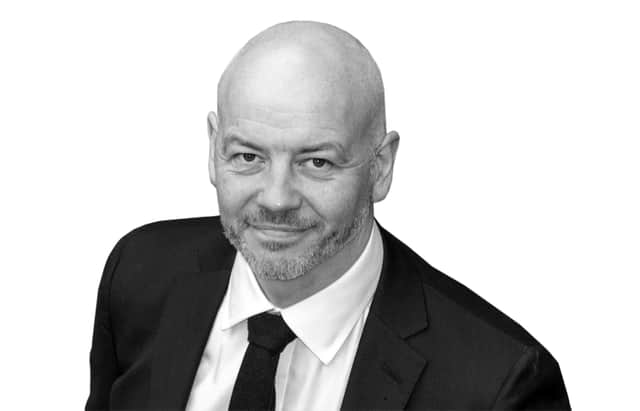Scotsman Money: Q&A with Aberdein Considine's Ross Leckridge


Q I’ve decided to try and get better at organising my finances so I can hopefully save or invest more. But where do I start?
A Anyone looking to get on top of their money situation should start by setting out all their finances. If this sounds like your worst nightmare then please fear not – this can actually be a really cathartic and positive process.
It breaks down into four manageable chunks, or lists in this case. The first list should include all your financial assets, for example, savings accounts, pensions, ISAs, and properties. The second should list all your liabilities, such as credit cards, car finance, and mortgage payments.
You’re halfway through now!
Next, list all your household incomes. And your fourth and final list needs to cover all your expenditure, separating this out into “essential”, including childcare costs, utilities, and things like food and clothing; “discretionary”, such as eating out, hobbies, and subscription services, and lastly “luxury”, which is basically anything you could live without.
Some people might list holidays as a luxury, while for others these are essential – the lines are slightly different for everybody.
I know your aim is to save or invest more, so I hope you get a pleasant surprise and find that you have a surplus between your income and expenditure already.
Even if not, this process could still help find steps forward. For example, it might make you realise some discretionary expenses you could actually live without, potentially freeing up money. Or it could make you think about ways to pay off any non-mortgage debts you might have first.
Assuming that you’re ready and able to invest, then some possible next steps you might want to consider include making the most of your annual tax-free ISA allowance. Even if you have just a small amount of surplus income, it’s possible to build a substantial nest egg over time by investing “little and often”.
If you’re a higher earner, you could also increase your pension contributions, especially with the new 45 per cent Scottish income tax band imminent.
A lot of these decisions depend on your plans for your money and future. Your focus might be on investing for retirement, or you may want to have flexibility and access to your investments before then.
Whatever route you take, if you can get a clear picture of your finances then you’re probably way ahead of most people. And with this comes the potential for greater peace of mind and opportunities for the future.